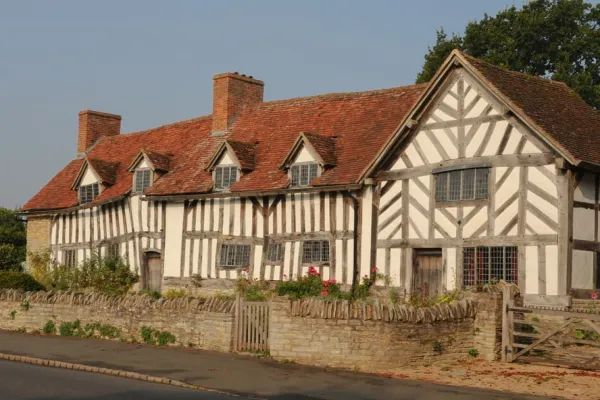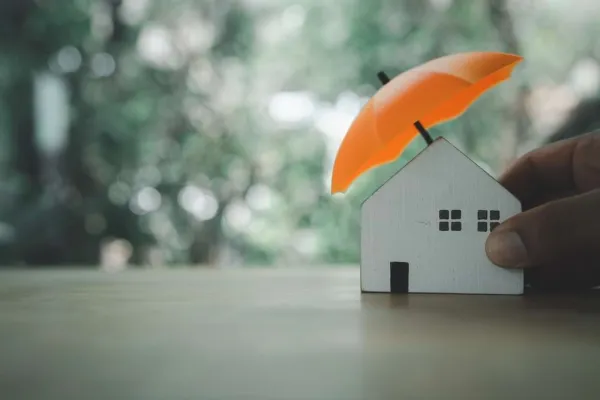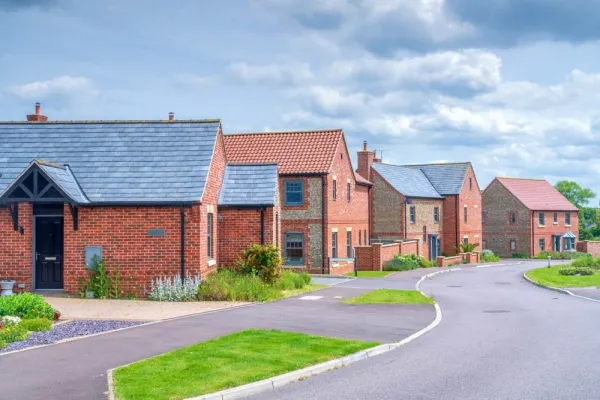Thousands of homeowners are benefitting from Airbnb.
This includes ones that own stylish apartments in busy cities, rustic retreats in remote areas, and everything in between.
Many people have never rented out their houses before but are now considering it due to Airbnb’s booming popularity.
However, rules, regulations, and some lesser-talked-about challenges come alongside this decision.
Read our article below for answers to all your questions about renting out a house on Airbnb.
Can I rent out a room on Airbnb?
Airbnb always encourages new people to sign up for their platform and rent a room.
Therefore, if you have a space in your house that you would be willing to let out, this can be an ideal opportunity.
Creating a listing on the site is entirely free, and the company provides lots of information about protecting your property, setting prices, hospitality standards, and security, among other things.
There are very few rooms that would not qualify for an Airbnb listing—you would just need to adapt your price to reflect how impressive or basic they are.
Unlike renting out an entire property, letting out a room is a viable option for people who only own one house.
If you are willing to decrease the square footage that you can stay in (i.e., by having a designated room for guests), you could increase your income without having to move out of the property.
It can also be a great way to meet new people, too.
Can I rent out my house on Airbnb?
Yes, you can list your property on Airbnb, regardless of where it is or how large it is.
Airbnb encourages absolutely anyone to list their home on the platform and offers coverage to everyone who does this, so they are protected if a guest causes damage to the house.
Your house’s size, location and features will impact the price you can realistically charge.
You will also be expected to maintain cleanliness in the house between bookings, meaning you may need to tidy and clean several times monthly.
If you own your home but are still paying off a mortgage, check the terms of your mortgage agreement to see if it allows you to rent it out.
Similarly, if you live in a rented or leasehold property, read the terms of your agreement to find out if there are any restrictions on subletting your home.
Is renting out on Airbnb profitable?
Airbnb is worth considering if you have another property that you can stay in while renting the other one out.
For example, if you own more than one house, this can be ideal, enabling you to turn a potentially dormant property into a money earner.
You typically earn a higher per-night fee on Airbnb than you would if you were letting out your house to a tenant for the entire month.
However, you must ensure you get enough bookings to make it profitable. This requires you to price it fairly and gather lots of positive reviews from your guests.
Cleaning between each guest is one of Airbnb’s major costs, so doing this yourself may improve your profit margin. The company will also take a percentage of your earnings, around 3%.
Your income will fluctuate each month, as you will get more bookings during some periods than others.
All these variations and changing costs mean your profit levels will vary. However, if you plan ahead and keep a strict eye on your finances, even a poorly performing month could return a sizeable profit.
Lots of people consider Airbnb a profitable short-term solution if they feel confident that UK house prices will continue to rise.
Therefore, it is advantageous to hang onto their house for longer before selling.
What insurance do I need for Airbnb?
Airbnb offers ‘AirCover for Hosts’, an all-in-one protection package for people letting out their property. This includes damage protection, host liability insurance, experience liability insurance, and personal insurance (where applicable).
Some hosts choose to take care of their insurance outside the AirCover package if they feel it only provides some of the protection they want.
In this case, you may want to get separately:
- Contents Insurance
- Buildings Insurance
- Public Liability Insurance
- Accidental Damage Cover
- Home Care Emergency cover
And more.
You must inform your Home Insurance provider that you plan to rent your property. If you tell them first, your entire policy may be valid.
How much can I rent out a Room for on Airbnb?
Airbnb offers an on-site calculator that estimates what you could earn from your room/house based on your location, property size, number of bedrooms and more.
Your location will make an enormous difference to your potential income. With that being said, if you are just renting out a single room, then this will cap it slightly.
Your guests will usually share facilities with you (a kitchen space, hallway, and front door), which decreases the price you can charge them since they don’t have total privacy to themselves.
In London, a spare room can still sell for well over £100 per night in many areas, while in less popular locations in the UK, you could find lots of options at £50 per night. This lower price range will hopefully entice more guests.
Property market conditions will impact what people can afford to pay, too.
What are the safety requirements for my house to be on Airbnb?
Like most aspects of letting out your house, Airbnb has provided a comprehensive guide on all safety measures you should consider.
Carbon Monoxide safety is one of the main priorities, and Airbnb requires that all listings be equipped with smoke and carbon monoxide alarms if the listings have fuel-burning devices.
Your listing also needs to be transparent about what is/isn’t included. For example, if the property is not wheelchair accessible, this needs to be clearly indicated.
Furniture must be fire retardant, and a professional must conduct regular safety checks.
Information on what to do in a fire (e.g. fire escape route) must be clear. Electrical and appliance safety must be regularly checked, and certificates must be provided.
Are there restrictions in the UK on renting out my home on Airbnb?
Restrictions exist in some locations, so you should check the Airbnb website for more information.
For example, in London, you can only let out of your house for up to 90 nights per calendar year.
Contact your council to get planning permission if you want to go above this figure.
















